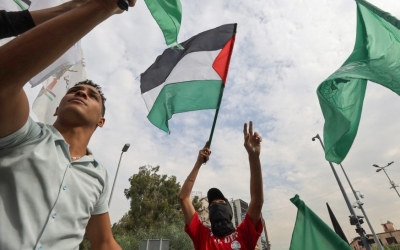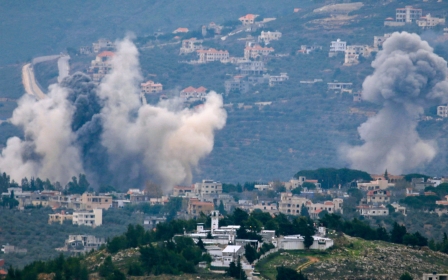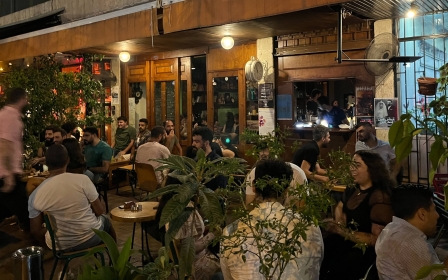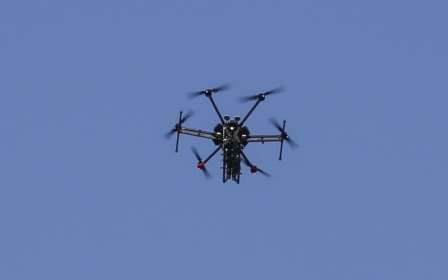Israel’s war on Gaza reverberates in Lebanon’s fragile economy
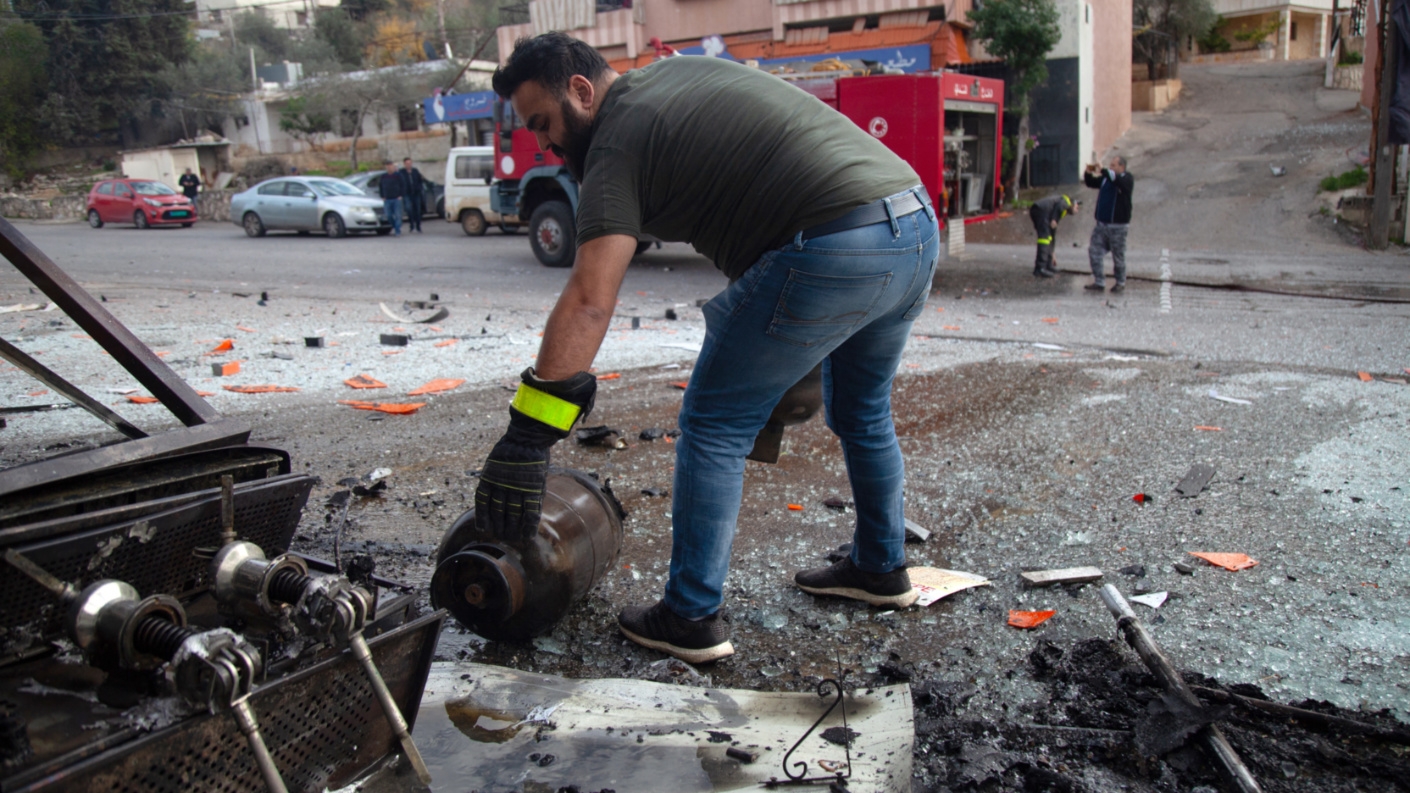
Inflation in Lebanon remains in the triple digits for a third year in a row, government figures have shown, as the spillover from Israel's war on Gaza stunts any projected recovery for the country's battered economy.
The inflation rate, which is calculated from the year-on-year inflation for each month of the year, stood at 171.2 percent in 2022 and 154.8 percent in 2021, according to the Lebanese government’s Central Administration of Statistics.
After five years of a severe financial crisis, Lebanon's economy was showing signs of slight recovery before the eruption of the Israeli war in Gaza on 7 October.
The war has seen the powerful armed group Hezbollah in south Lebanon regularly trade fire with the Israeli army in support of Hamas in Gaza.
“Prior to October 2023, economic growth was projected, for the first time since 2018, to slightly expand in 2023,” by 0.2 percent, according to the World Bank in December.
New MEE newsletter: Jerusalem Dispatch
Sign up to get the latest insights and analysis on Israel-Palestine, alongside Turkey Unpacked and other MEE newsletters
However, the positive expectations were mainly attributed to summer tourism and remittances from the Lebanese diaspora, which experts had previously warned was not a sustainable system.
“The current conflict and its spillovers into Lebanon are expected to quickly reverse the tepid growth projected for 2023, as the economy returns to a recession,” the World Bank said.
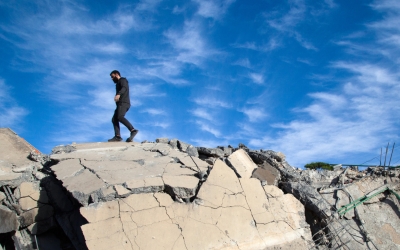
The organisation said the expected recession is largely due to a shock in tourism spending, which decreased as the war reverberated in Lebanon.
Sami Zoughaib, an economist and research manager at Beirut-based think tank The Policy Initiative, told Middle East Eye that “Lebanon is particularly vulnerable to war due to the fact that it is very import-dependent and also dependent on foreign inflows including investments and tourism.”
While high inflation, accompanied by the clashes in the south, are among strong indications that Lebanon’s economic crisis is far from over, other factors portray a more nuanced image.
Inflation slowed down in the last months of 2023, with the Central Administration of Statistics showing that the country’s Consumer Price Index, in Lebanese pounds, saw prices rise by just 0.02 percent between November and December.
The Lebanese lira, which has been volatile and has lost 90 percent of its value since 2019, has been relatively stable for the past five months, trading at around 89,000 pounds per US dollar on the black market.
Most items in the country are also now priced in US dollars, as it is considered a far more stable currency.
Impact on south Lebanon
The continuation of the war in Gaza, along with its spillover in south Lebanon, leaves the country, its people, and its economy in an uncertain fate.
Israeli strikes in south Lebanon have displaced over 83,000 people and killed around 200, including at least 25 civilians, according to AFP.
South Lebanon, a major contributor of arable land in the country, remains particularly vulnerable, as Israeli air strikes burned large swathes of agricultural land, making it impossible for farmers to harvest and sell their crops. According to the UN, at least 462 rural locations have sustained damage in Israeli attacks.
“Many of these products are also exported and not only sold in Lebanon, hence they bring in needed liquidity to the country,” said Zoughaib.
“It's not an insignificant amount and will lead to great suffering among people in the south who depend on it.”
Lebanon has been without a president for over a year, with its government being in a caretaker position since the last parliamentary elections in May 2022.
Should the conflict with Israel persist, “the economy will further contract with those who are most geographically or economically vulnerable suffering the most,” Zoughaib added.
This article is available in French on Middle East Eye French edition.
Middle East Eye delivers independent and unrivalled coverage and analysis of the Middle East, North Africa and beyond. To learn more about republishing this content and the associated fees, please fill out this form. More about MEE can be found here.


